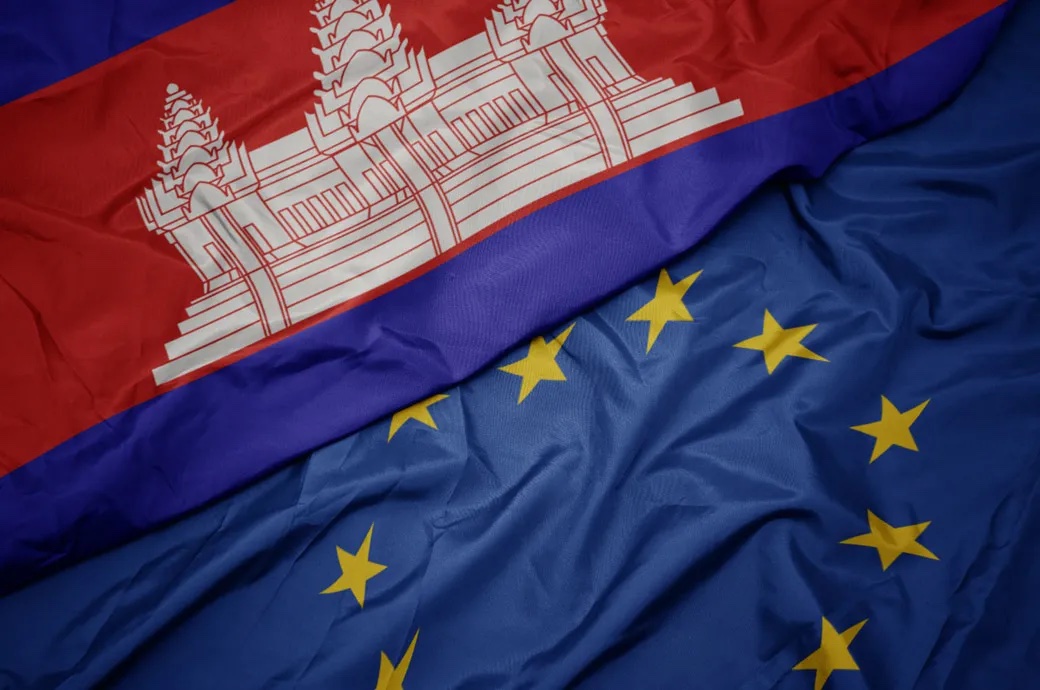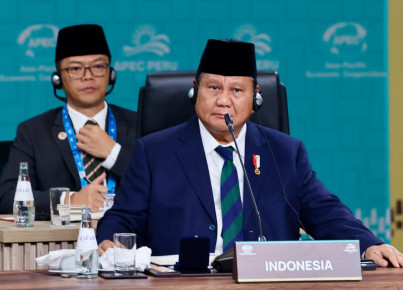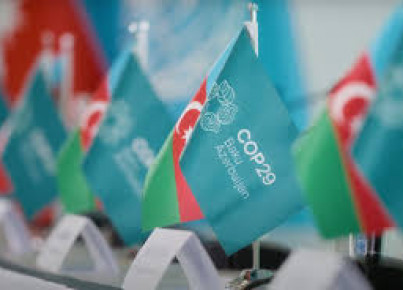Under the Everything But Arms (EBA) preferential regime, the EU resets its tariffs to zero for developing countries that engage in the promotion of human and political rights. But Brussels has often pragmatically overstepped, even with Myanmar. Cambodia, which is preparing for elections on July 23, is an exception
On Feb. 12, 2020, the European Commission partially suspended the Everything But Arms (EBA) trade regime granted to Cambodia because of civil and political rights violations by the country led by Hun Sen. Brussels' decision is virtually unprecedented, and, to date, Cambodia is the only country in the world affected by such a measure. Even post-Golpe Myanmar still enjoys EBA, despite many observers and NGOs calling on the Commission to take similar action against the Tatmadaw regime. The revocation of EBA is still in effect, and the European choice reveals that relations, political and commercial, between the bloc and the Asian country are not in good health. But, in the complex Southeast Asian chessboard, Brussels and Phnom Penh must watch the moves of other players and maintain a pragmatic approach if they do not want to end up in a corner.
To understand the scope of the Commission's measure, one must first know the characteristics of this trade policy instrument. EBA is one of the three Generalised Scheme of Preference (GSP) schemes and the most beneficial. The other two are the "simple" GSP and the GSP+. GSP schemes grant developing countries greater access to the EU market by substantially reducing duties on goods exported to the EU. EBA allows its beneficiaries to export almost any product, "except arms," to the EU without quotas and duties. The System has two objectives: first, to stimulate the economic development of partners; second, to promote respect for rights in these countries. Rights in a broad sense: human, political, labor and even environmental. This second purpose is achieved through a "conditionality" mechanism: a state can accede to GSP+ or EBA if it commits to ratifying and concretely implementing a number of international conventions; for example, those of the UN on human rights and the environment, or those of the International Labor Organization (ILO/ILO) on working conditions and trade union freedom. If the partner does not commit to this, or even moves in the opposite direction, the EU can suspend the preference regime, leading to an immediate increase in tariffs on goods coming from that country.
Before Cambodia, the EU had revoked the GSP and GSP+ regime a couple of times between 1997 and 2010, but never the EBA. Brussels' choice came in response to the Hun Sen regime's extremely harsh crackdown on the opposition, which has been particularly intense since 2017. After the judicial dissolution of the main opposition party, the National Salvation Party of Cambodia, in 2017, all its members were first expelled from every level of Cambodian institutions and then arrested, forced into exile, and in some cases even murdered under unclear circumstances. Before taking such a drastic decision, Brussels had indicated to Phnom Penh some urgent measures to be implemented to protect the opposition, receiving a flat refusal from the Cambodian government. Hun Sen had responded mockingly to Brussels, downplaying the importance of European support and confusing himself with the entire country: "Don't try to scare me. Don't threaten me. Don't threaten Cambodia by cutting development aid."
Indeed, EU-Cambodia trade relations, while good, are of relative importance to both sides. China (23.4 percent of trade), the U.S. (15.5 percent), Japan and the rest of ASEAN are closer partners than Phnom Penh, with the EU overall ranking fifth (9 percent). Nonetheless, Hun Sen's dismissive tone and affected confidence jar with the importance of the EU to the country's development and the actual concern of the Cambodian apparatus over the revocation of the EBA. In the months leading up to the decision, both Cambodian representatives and the lobbies of the country's most prominent industry groups (in particular, sportswear and bicycle companies) had gone out of their way to try to dissuade the Commission. And even among the European apparatus there were different perspectives on the line to take. Indeed, on the trade side, the EBA liberalizes international trade "one way," that is, it favors exports from Cambodia to the EU, but not vice versa. Some European companies benefit, however. Establishing production in Cambodia led to double savings: cheap labor and no duties. The suspension of the EBA therefore prompts such companies to invest elsewhere. Not so much out of dissent from Hun Sen's policies but, more prosaically, to keep "global supply chains efficient."
On a more purely political level, the situation becomes even more complicated. Brussels must hold together two opposing demands. On the one hand, to maintain the credibility of the GSP and, more generally, its sustainable development-oriented trade policy. Ignoring the alarming developments in Cambodia and continuing business as usual might seem hypocritical--though perhaps the EU should take similar steps toward other countries to remain consistent. Limited to the GSP, there are many cases of human rights violations, but all "controversial" countries have benefited from some flexibility on the European side. All except Cambodia. On the other hand, cutting trade ties and making harsh political condemnation explicit may not have the desired effect of promoting democratic values in the country but, on the contrary, may push it toward other "less demanding" partners that provide aid without conditionality. On this, too, Hun Sen was quite direct: "China has never given me any concerns and has never threatened or ordered Cambodia to do anything. Other partners should also not threaten Cambodia."
Even these words hide the real concerns of the Cambodian leadership. For Phnom Penh, depending too much on its unwieldy neighbor could become a problem, so it is better to follow a kind of "two-oven policy": taking advantage of China's (for now) unconditional aid, but also cooperating with the United States and its allies, so as to "diversify" sources of economic support and political legitimacy. In this sense, it is interesting to observe the Cambodian posture regarding the Russian-Ukrainian war, which is distinctly pro-Kyiv. This rapprochement with Washington could push liberal-democratic countries to turn a blind eye to human and political rights violations in the name of realpolitik. Pragmatism could also help restart a dialogue between the EU and Cambodia. For the time being, Brussels is holding the hard line, but it may reconcile with the Asian country in the future. Perhaps not in the name of rights, but pragmatism.






